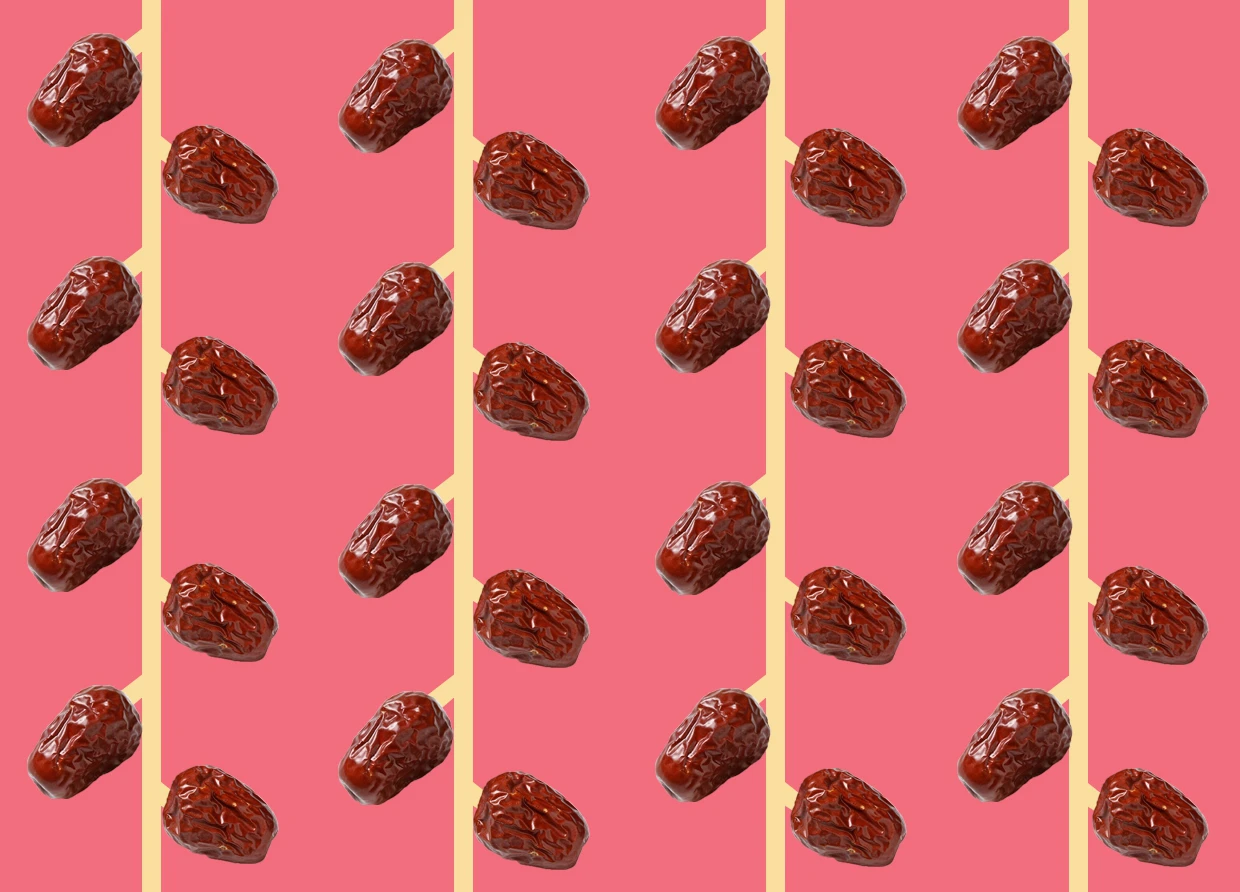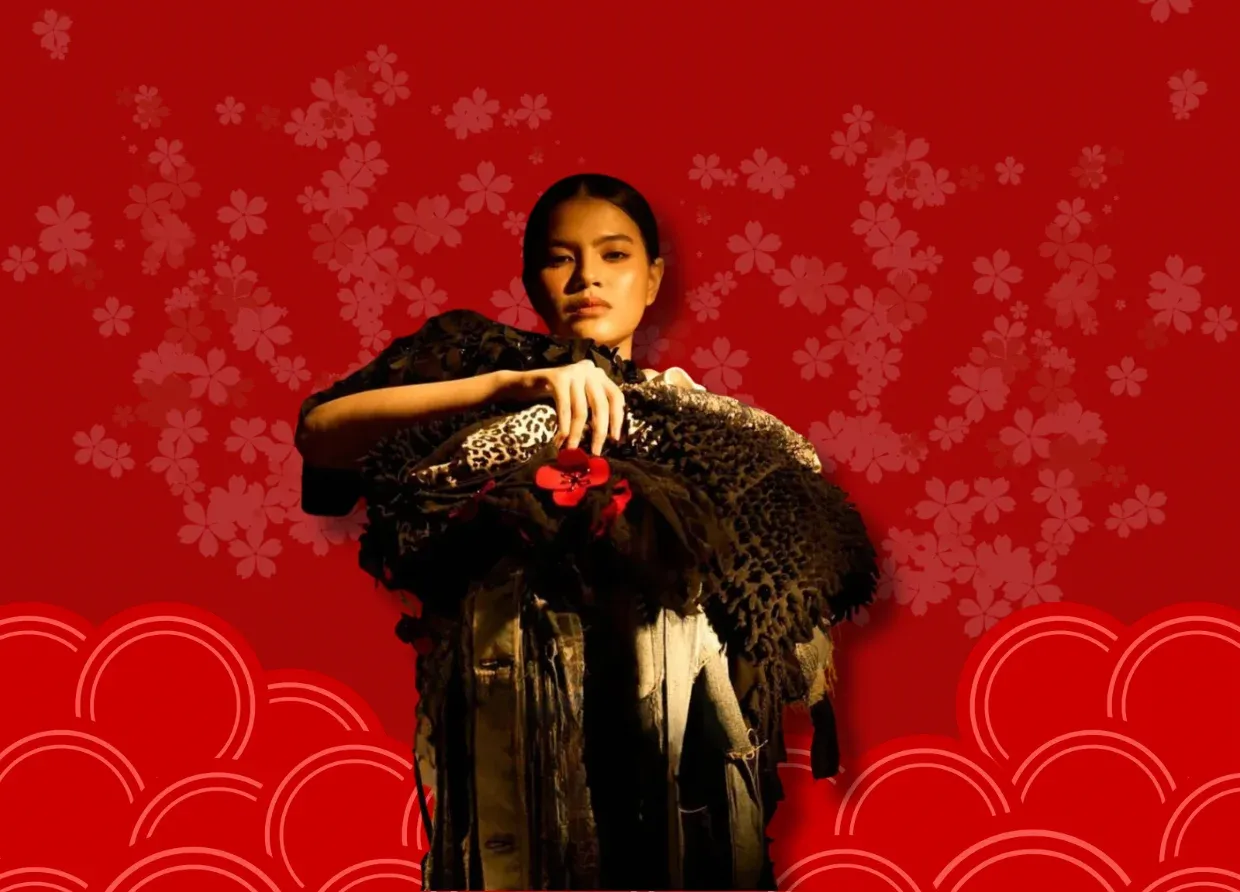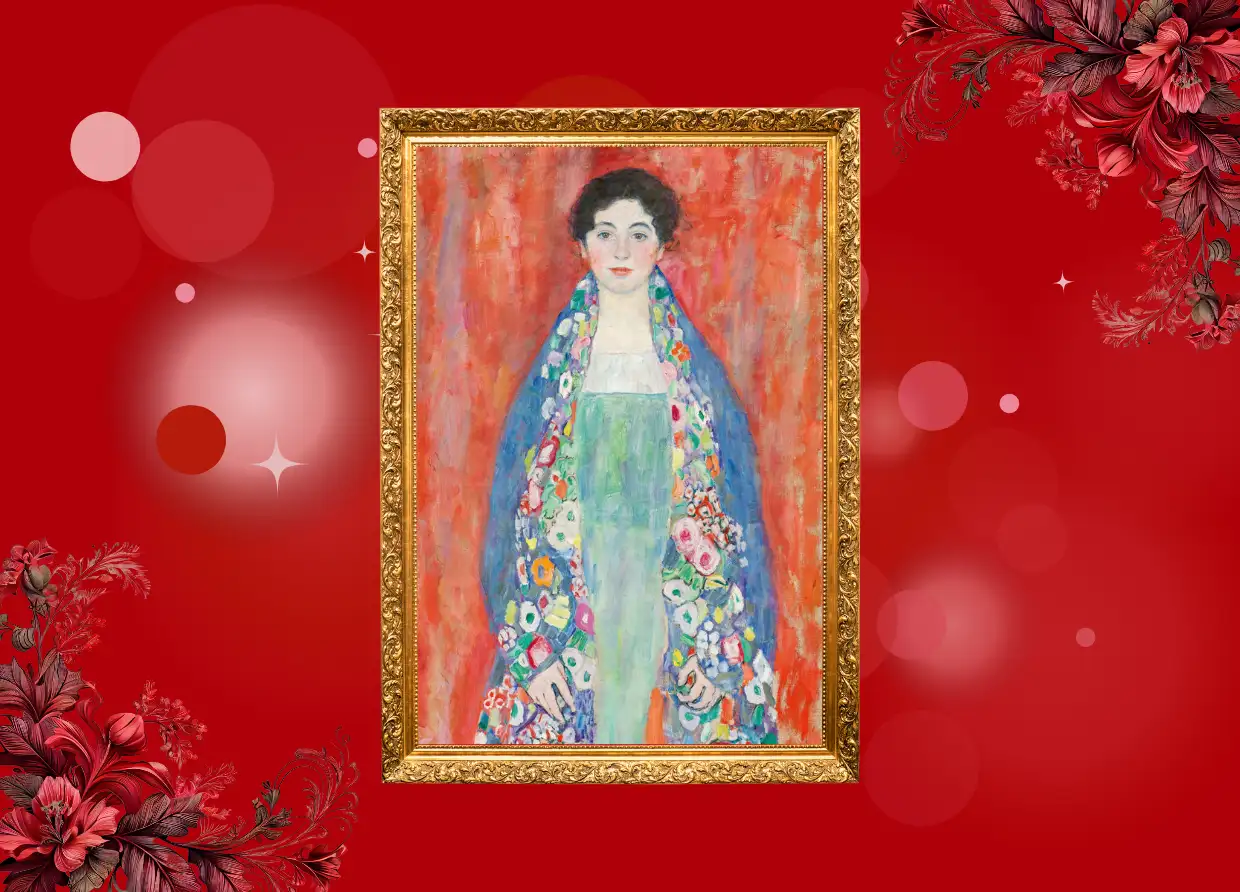BRIEF HISTORY OF TWO MOST POPULAR RAMADAN SIGNATURE TREATS
The most celebrated time of the year is the Holy Month of Ramadan. Though many countries have their own delicacy, here are a few Indonesian favorites.

Muslims around the world look forward to this month, a time within the holy calendar when Muslims fast for 30 days. In this period, Muslims not only restrict themselves from food and drink from sunup to sundown, but they also spent the time to reflect and refocus. Some of them also try to give up bad habits, focusing instead on prayers and good deeds.
One of the pillars of Islam, during the fasting month, Muslims are required to follow dietary laws on which foods are permitted (halal) and which are forbidden (haram). This year, Ramadan fasting begins on the evening of Saturday, April 2, 2022, and concludes on Monday, May 2, 2022.
During Ramadan, morning meals that are enjoyed before sunrise are called suhoor, while the evening break is called iftar. If you are one of the people who want to know more about some of Ramadan's traditional foods that are enjoyed globally, you are on the right track. Here we concluded two of them including their brief history
Dates
Traditionally, the sweet fruit high in fiber called dates is used to break the Ramadhan fast. The fruit consists of various kinds of nutrients like potassium, magnesium, and vitamin B-6. Dates are enjoyed globally and it is popular because of its history written in the Hadith literature.
In the beliefs, the Messenger of Allah broke his fast with ripe dates before he would pray. Therefore, during this period, eating dates has a spiritual significance. Furthermore, dates have had a long history in the Middle East. They have been cultivated in the area where it is an ideal condition for the dates to thrive for thousands of years.
Dates may be served in their natural state or stuffed with nuts and rolled with coconuts. During the holy month in Indonesia, dates can easily be found, not only in the supermarket, but some locals sell on the roadside.
Kolak
A typical dish during Ramadan, Kolak is enjoyed globally but uses various names like in the Philipines where it is called "Bilo-bilo", instead of Kolak. Although it has a slightly different composition, the dessert popular in Indonesia is from a combination of banana, palm sugar, coconut milk, and the leaf of a tropical tree known as pandanus as well as an optional sweet potato.
The dish has had a long history too. Long ago, when Muslim clerics spread the religion on Java Island, they used food as a medium. The name given for this food is deliberately matched with the Arabic word "Kholik" which means a creator. This is intended to invite people so that they always remember their creator, namely Allah SWT.
The ingredients which made up the composition are also philosophical. The banana that is commonly used in this dish is called "Kepok", which is similar to the Javanese word "Kapok". The word "Kapok" means tired off something and in this case, it is hoped that people who consume the dish can be tired of the sins they committed.
Apart from the bananas, Kolak soup, from the Javanese word "santen" or coconut milk refers to the word "pangapunten", which means asking for forgiveness. In combination with all the histories, consuming kolak also means asking for forgiveness from the creator.
#THE S MEDIA #Media Milenial #ramadhan #dates #kolak #history


























